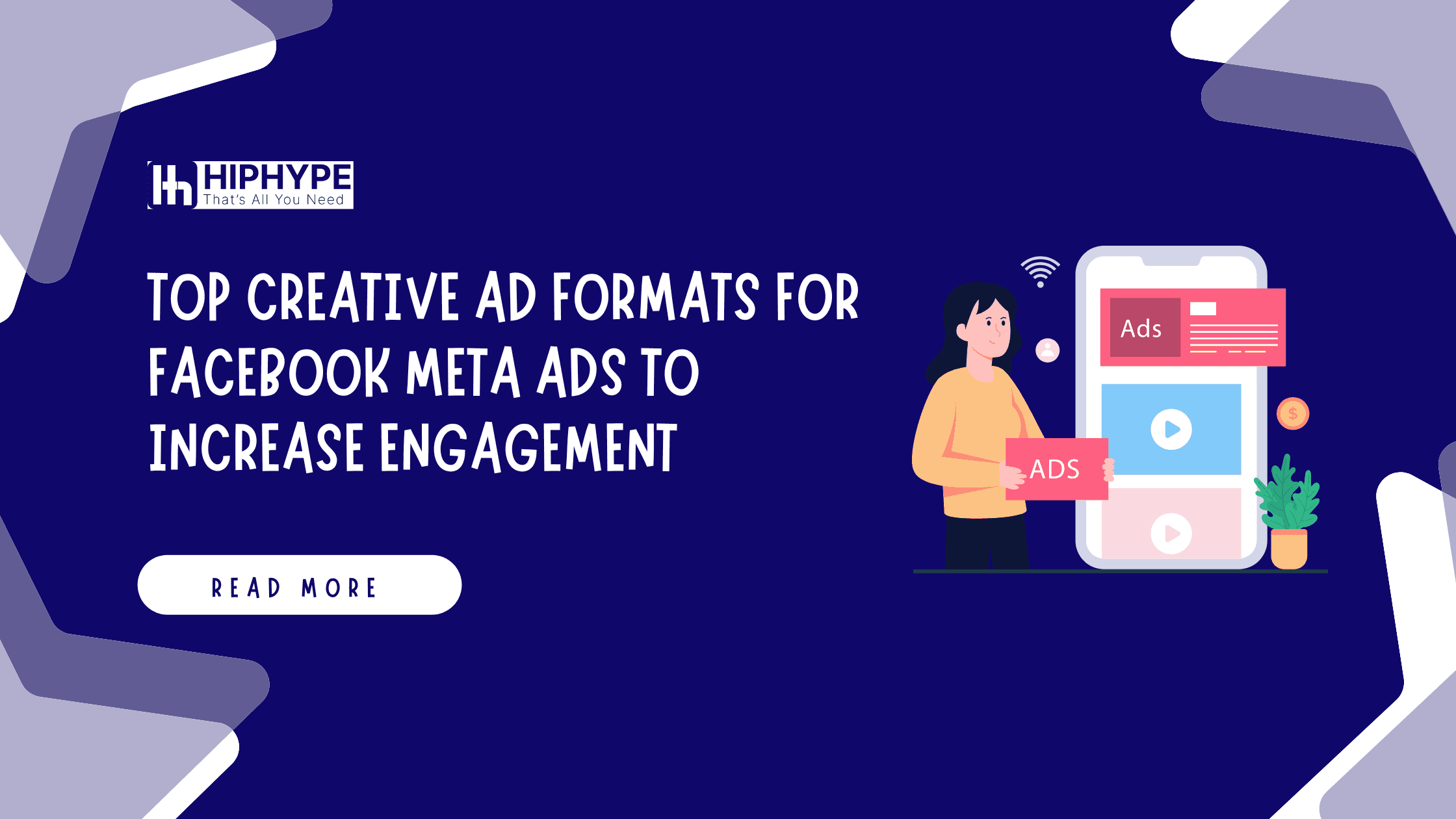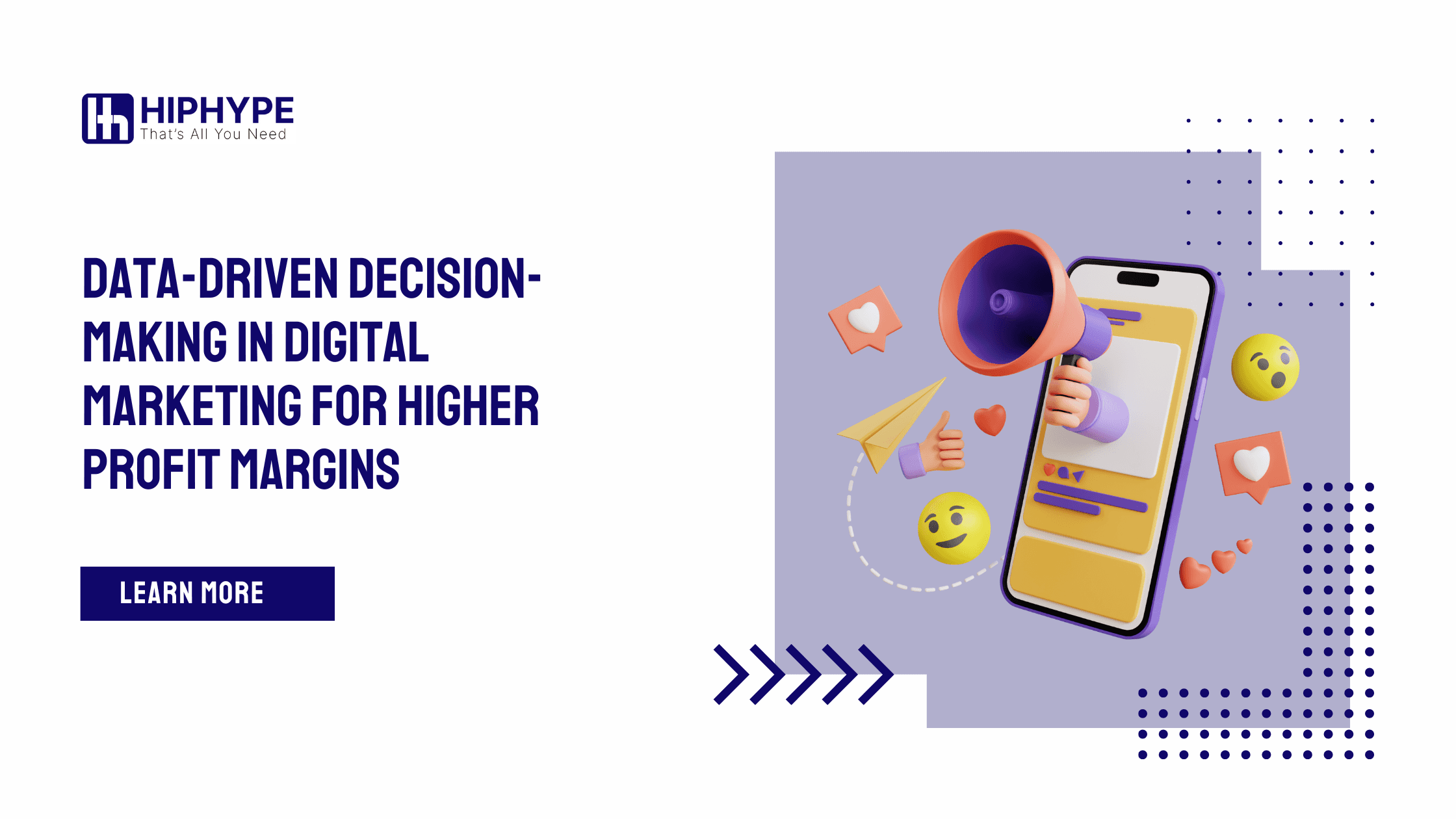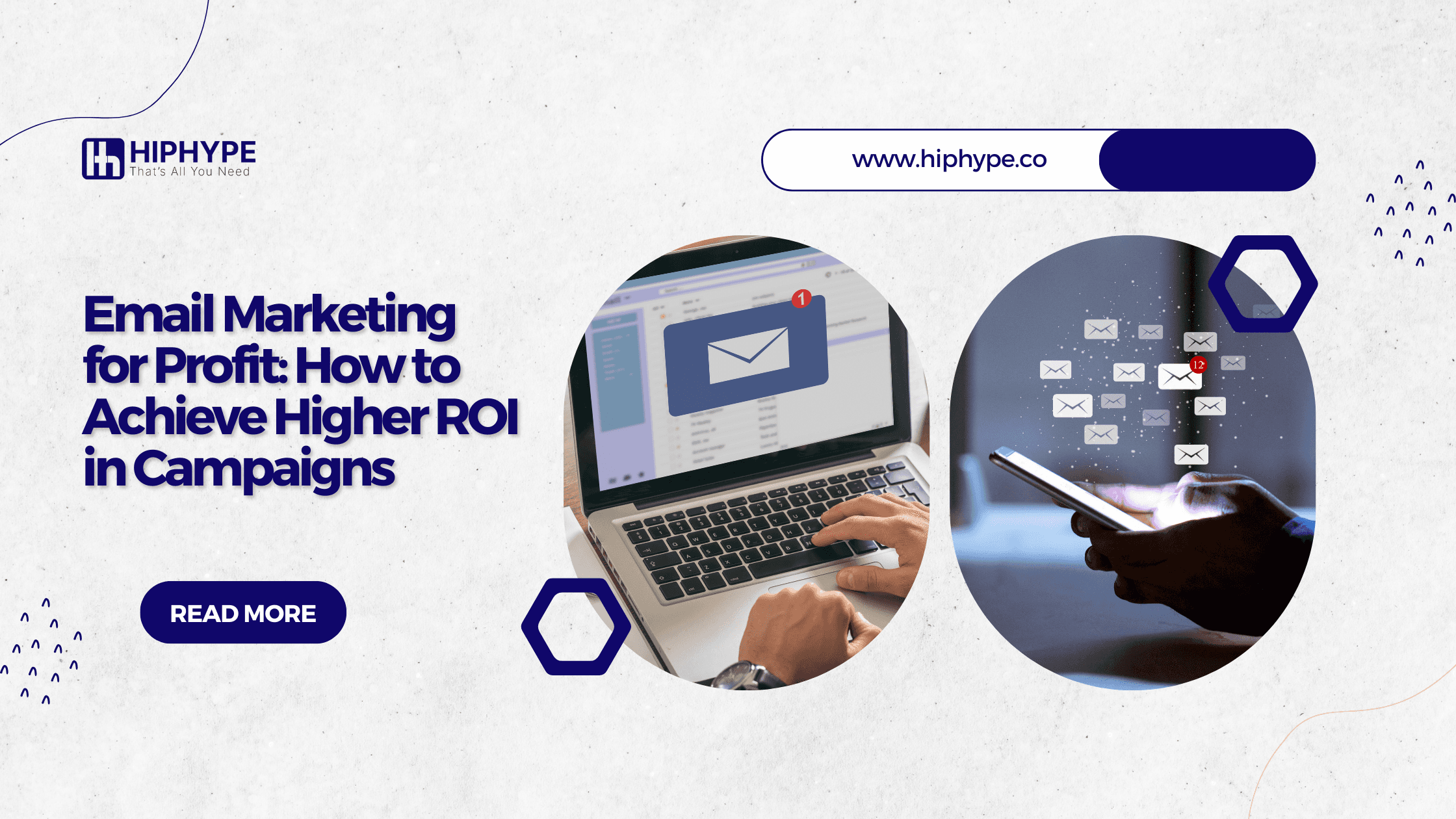Understanding the Impact of AI on Digital Marketing
Explore the transformative impact of AI on digital marketing, including GEO-based strategies, personalized content, and predictive analytics for campaign success.
Artificial Intelligence (AI) has rapidly transformed various industries, and digital marketing is no exception. From improving customer experiences to optimizing marketing strategies, AI's influence on digital marketing is profound and growing. This blog will explore how AI is reshaping the digital marketing landscape, with a special focus on GEO-based marketing—where location data is leveraged to enhance marketing efforts.
Introduction to AI in Digital Marketing
AI's integration into digital marketing has revolutionized the way businesses interact with consumers. From chatbots to advanced data analysis, AI enables marketers to create more effective campaigns, deliver personalized content, and make data-driven decisions. The ability to process vast amounts of data quickly and accurately allows AI to identify patterns and trends that humans might miss.
One significant aspect of AI in digital marketing is its ability to enhance GEO-based marketing efforts. By analyzing location data, AI helps marketers target specific geographic regions with tailored messages, leading to higher engagement and conversion rates.
AI-Driven Personalization
Personalization has become a cornerstone of modern digital marketing, and AI plays a pivotal role in making it more effective. AI algorithms analyze consumer behavior, preferences, and past interactions to deliver personalized content, product recommendations, and offers. This level of personalization not only improves customer satisfaction but also increases the likelihood of conversions.
For example, AI can analyze data from social media, website interactions, and purchase history to create detailed customer profiles. These profiles allow marketers to segment audiences and deliver highly targeted campaigns. GEO-based personalization takes this a step further by considering the user's location, enabling marketers to deliver content that is relevant to their immediate surroundings.
AI-Powered Content Creation
Content creation is another area where AI has made significant strides. AI-powered tools can generate content, such as blog posts, social media updates, and even video scripts, based on predefined parameters. This automation not only saves time but also ensures that content is consistent and aligned with the brand's voice.
AI tools can also analyze the performance of different types of content and suggest improvements. For instance, if a particular blog post is performing well in a specific GEO location, AI can recommend creating similar content targeted at that region. This GEO-specific content strategy can drive more localized traffic and improve engagement.
Enhancing Customer Experience with AI
Customer experience is at the heart of digital marketing, and AI enhances this experience in various ways. Chatbots, powered by AI, provide instant responses to customer inquiries, improving satisfaction and reducing the need for human intervention. These chatbots can be programmed to understand and respond to different languages, making them effective for businesses operating in multiple GEOs.
AI also enables predictive customer service, where potential issues are identified and addressed before they escalate. For example, AI can analyze data from past interactions to predict when a customer might need support, allowing businesses to proactively reach out and offer assistance.
GEO-Based Marketing: Leveraging Location Data
GEO-based marketing, or location-based marketing, uses data related to the geographical location of users to deliver targeted advertising. AI enhances this approach by analyzing vast amounts of location data and identifying patterns that can be used to optimize marketing efforts.
1. Targeted Advertising
AI enables marketers to deliver ads to users based on their current location. For example, a retail store can target ads to users within a specific radius of the store, encouraging them to visit. This hyper-local targeting increases the relevance of the ads and improves conversion rates.
2. Localized Content
AI can help create and deliver content that resonates with users in specific GEOs. For example, a restaurant chain might use AI to analyze local preferences and create menu items that cater to regional tastes. By delivering content that aligns with local culture and preferences, businesses can build stronger connections with their audience.
3. Optimizing Delivery Times
AI can analyze location data to determine the optimal times to deliver marketing messages. For example, by understanding when users in a specific GEO are most active on their devices, businesses can schedule their ads or emails to go out at peak times, increasing the likelihood of engagement.
AI and Predictive Analytics
Predictive analytics, powered by AI, is transforming how businesses approach digital marketing. By analyzing historical data and identifying patterns, AI can predict future trends, behaviors, and outcomes. This capability is particularly valuable in GEO-based marketing, where understanding regional trends can give businesses a competitive edge.
For example, AI can predict seasonal purchasing behaviors in specific regions, allowing marketers to tailor their campaigns accordingly. During holiday seasons or local festivals, businesses can use these insights to create timely and relevant marketing messages that resonate with the local audience.
AI in Programmatic Advertising
Programmatic advertising leverages AI to automate the buying and placement of ads in real-time. AI algorithms determine the best ad placements based on user behavior, context, and GEO data. This level of precision ensures that ads are shown to the right people, at the right time, and in the right place.
AI-driven programmatic advertising also allows for dynamic adjustments. For example, if an ad is performing well in a particular GEO, AI can allocate more budget to that region, optimizing the campaign's overall performance. This dynamic approach ensures that marketing efforts are constantly optimized for maximum ROI.
Challenges and Ethical Considerations
While AI offers numerous benefits to digital marketing, it also presents challenges and ethical considerations. Privacy concerns are at the forefront, especially when dealing with location data. Consumers are increasingly aware of how their data is being used, and businesses must ensure they are transparent and compliant with regulations like GDPR.
Another challenge is the potential for AI to perpetuate biases. AI algorithms are only as good as the data they are trained on, and if that data contains biases, it can lead to discriminatory practices. For instance, an AI-driven campaign that targets a specific GEO might inadvertently exclude certain demographics, leading to unequal opportunities.
Businesses must also consider the ethical implications of AI in personalization. While personalized content can enhance user experience, it can also lead to a "filter bubble," where users are only exposed to content that aligns with their existing preferences, limiting their exposure to diverse perspectives.
Future Trends in AI and Digital Marketing
The future of AI in digital marketing is promising, with several trends expected to shape the industry. One such trend is the integration of AI with emerging technologies like augmented reality (AR) and virtual reality (VR). These technologies can create immersive experiences that are personalized to the user's location, offering new opportunities for GEO-based marketing.
Another trend is the increasing use of AI in voice search optimization. As more consumers use voice assistants like Siri and Alexa, businesses will need to optimize their content for voice search. AI can help analyze voice search data and identify trends, allowing businesses to create content that meets the needs of voice search users in specific GEOs.
Finally, AI is expected to play a significant role in improving cross-channel marketing. By analyzing data from multiple channels, AI can help businesses create cohesive and consistent marketing strategies that are tailored to different GEOs. This cross-channel approach ensures that users have a seamless experience, regardless of how they interact with the brand.
Conclusion
AI is transforming digital marketing in profound ways, offering new opportunities for personalization, content creation, customer experience enhancement, and GEO-based marketing. As AI technology continues to evolve, businesses must stay ahead of the curve by leveraging AI-driven tools and strategies to optimize their marketing efforts.
However, with great power comes great responsibility. Businesses must navigate the challenges and ethical considerations that come with AI, ensuring that they use this technology in a way that respects consumer privacy and promotes inclusivity.
By embracing AI and its capabilities, businesses can not only improve their digital marketing efforts but also create more meaningful connections with their audience. Whether through personalized content, targeted advertising, or predictive analytics, AI offers a powerful toolkit for driving success in the ever-evolving digital marketing landscape.




